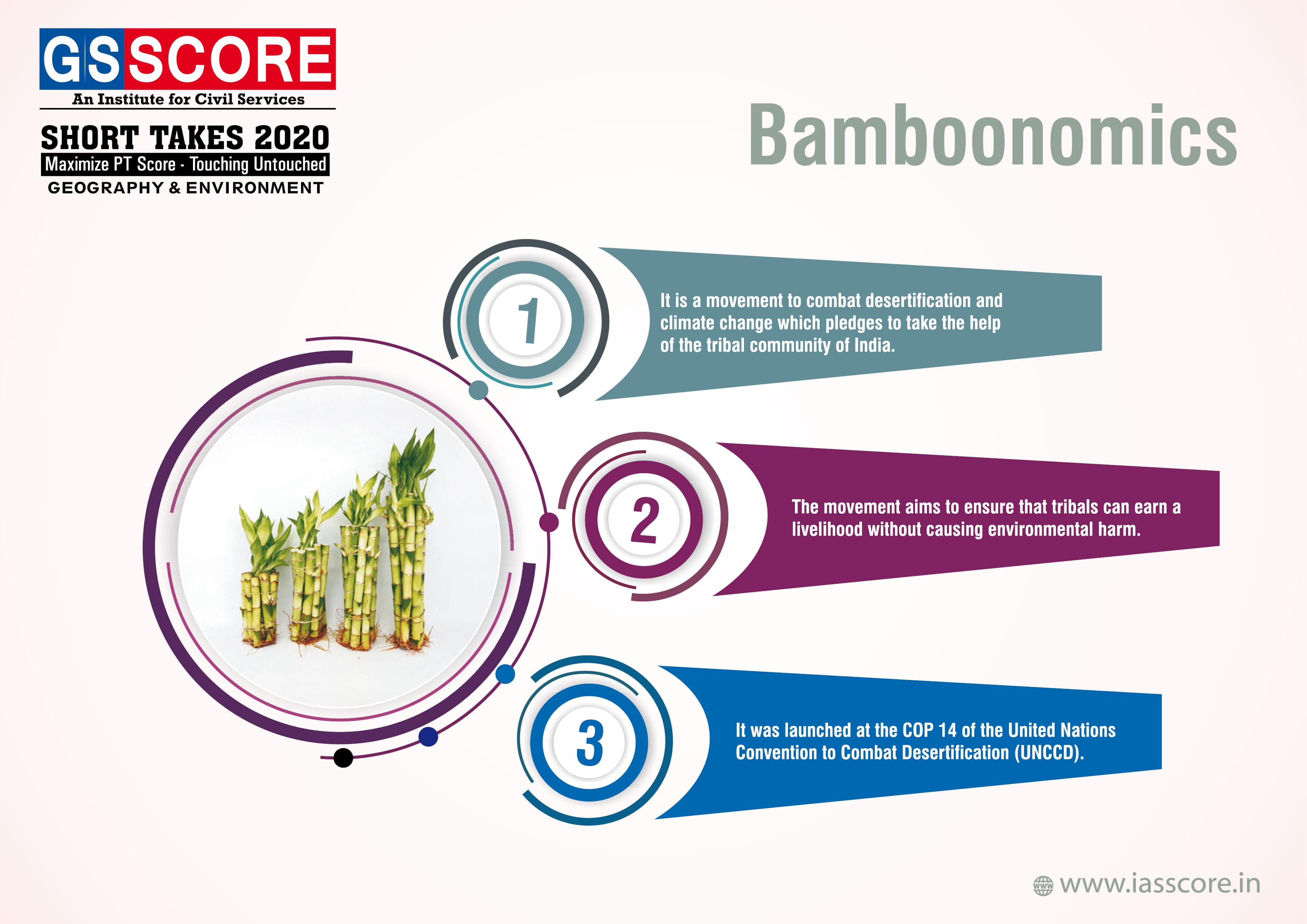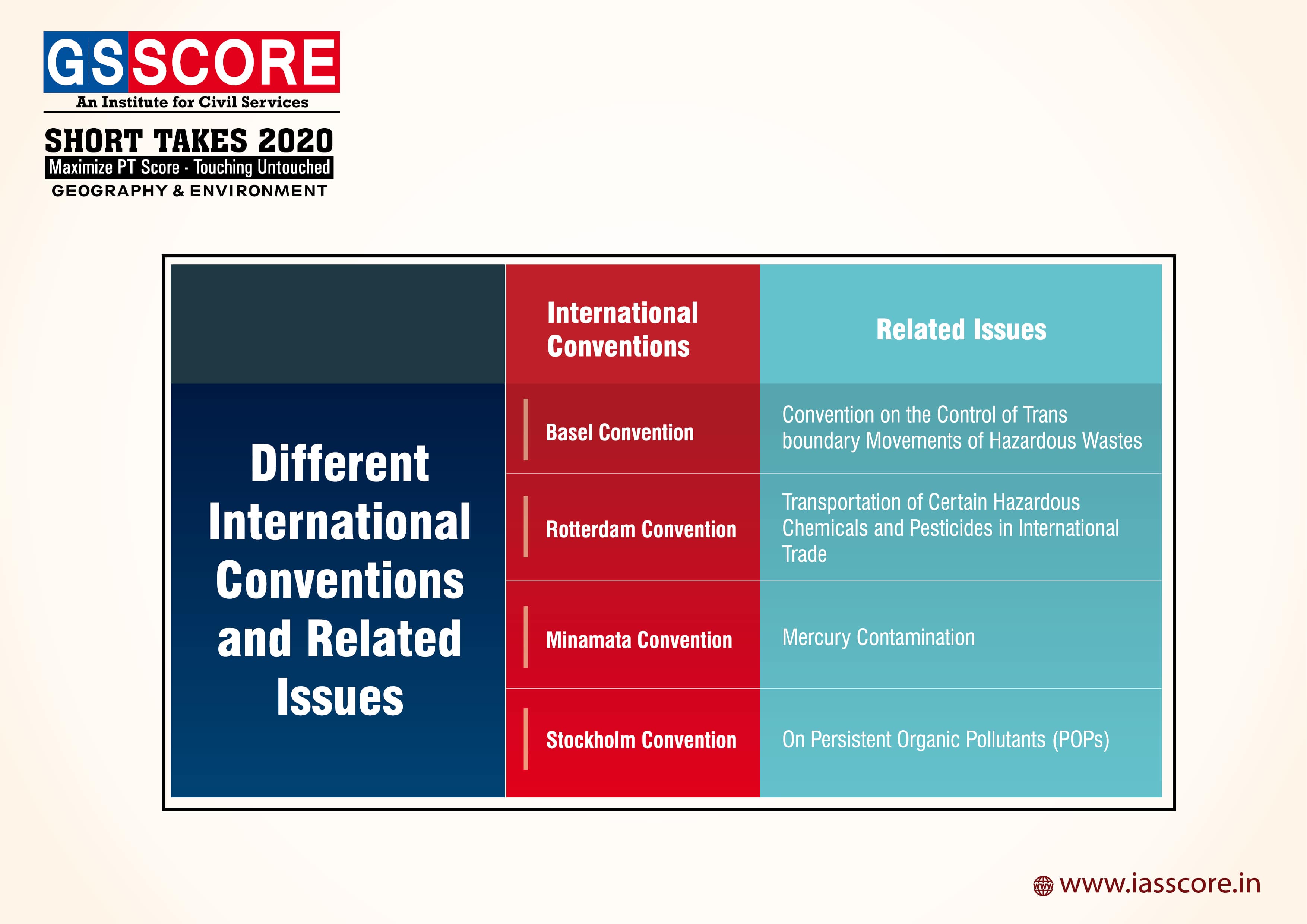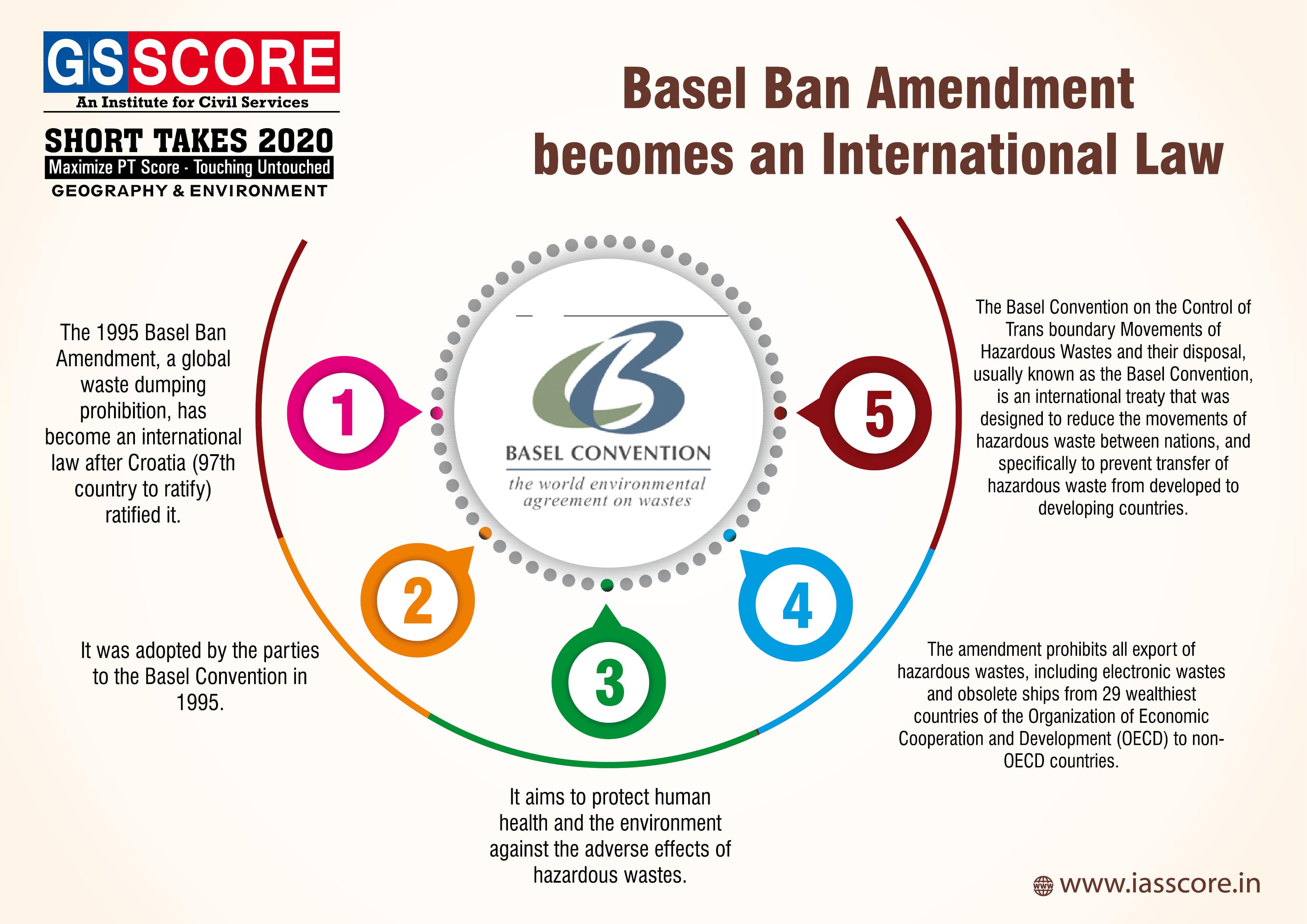Polity: Local bodies
Local Bodies
Panchayati Raj and Urban Local Bodies
- In 1989, the central government introduced two Constitutional Amendments. These amendments aimed at strengthening local governments and ensuring an element of uniformity in their structure and functioning across the country.
- In 1992, the 73rd and 74th constitutional amendments were passed by the Parliament.
- The 73rd Amendment is about Rural Local Governments (which are also known as Panchayati Raj or PRIs) and the 74th Amendment made the provisions relating to Urban Local Government (Nagar palikas).
- The 73rd and 74th Amendments came into force in 1993.
- 73rd Amendment act added a new Part-IX to the Constitution of India and consists of provisions from Articles 243 to 243-O.
- In addition, the act has also added a new Eleventh Schedule to the Constitution. This schedule contains 29 functional items of the Panchayats. It deals with Article 243-G.
Salient Features of 73rd Amendment Act of 1992
- Three Tier Structure
- A Gram Panchayat covers a village or group of villages. It is the lowest tier of Panchayati Raj Institution (PRI).
- The intermediary level is known as the Mandal (also referred to as Block or Taluka). The intermediary level body need not be constituted in smaller States. At the apex is the Zilla Panchayat covering the entire rural area of the District.
- The amendment also made a provision for the mandatory creation of the Gram Sabha. The Gram Sabha would comprise all the adult members registered as voters in the Panchayat area. Its role and functions are decided by State legislation.
- Elections
- All members of the three levels of Panchayati Raj institutions are elected directly by the people. The term of each Panchayat body is five years.
- If the State government dissolves the Panchayat before the end of its Five year term fresh elections must be held within six months of such dissolution.
- Reservations
- One third of the positions in all Panchayat institutions are reserved for women. Reservations for Scheduled Castes and Scheduled Tribes are also provided for at all the three levels, in proportion to their population.
- If the States find it necessary, they can also provide for reservations for the other backward classes (OBCs). It is important to note that these reservations apply not merely to ordinary members in Panchayats but also to the positions of Chairpersons or ‘Adhyakshas’ at all the three levels.
- Further, reservation of one-third of the seats for women is not merely in the general category of seats but also within the seats reserved for Scheduled Castes, Scheduled Tribes and Backward Castes. This means that a seat may be reserved simultaneously for a woman candidate and one belonging to the Scheduled Castes or Scheduled Tribes. Thus, a Sarpanch would have to be a Dalit woman or an Adivasi woman.
- Transfer of Subjects
- Twenty-nine subjects, which were earlier in the State list of subjects, are identified and listed in the Eleventh Schedule of the Constitution. These subjects are to be transferred to the Panchayati Raj institutions.
- These subjects were mostly linked to development and welfare functions at the local level.
- The actual transfer of these functions depends upon the State legislation. Each State decides how many of these twenty-nine subjects would be transferred to the local bodies.
- State Election Commissioners
- The State government is required to appoint a State Election Commissioner who would be responsible for conducting elections to the Panchayati Raj institutions. Earlier, this task was performed by the State administration which was under the control of the State government.
- Now, the Office of the State Election Commissioner is autonomous like the Election Commissioner of India.
- However, the State Election Commissioner is an independent officer and is not linked to nor is this officer under the control of the Election Commission of India.
- State Finance Commission
- The State government is also required to appoint a State Finance Commission once in five years. This Commission would examine the financial position of the local governments in the State.
- It would also review the distribution of revenues between the State and local governments on the one hand and between rural and urban local governments on the other.
- Disqualifications
- A person shall be disqualified for being chosen as or for being a Member of Panchayat if he is so disqualified, (a) under any law for the time being in force for the purpose of elections to the legislature of the state concerned, or (b) under any law made by the state legislature. However, no person shall be disqualified on the ground that he is less than 25 years of age if he has attained the age of 21 years.
- Further, all questions of disqualifications shall be referred to such authority as the state legislature determines.
PESA (Panchayat Extension to Scheduled Areas) Act 1996
- The provisions of the 73rd amendment were not made applicable to the areas inhabited by the Adivasi populations (5th Scheduled Areas) in many States of India. In 1996, a separate Act called PESA Act, 1996 was passed extending the provisions of the Panchayat system to these areas.
- Many Adivasi communities have their traditional customs of managing common resources such as forests and small water reservoirs, etc. Therefore, the new act protects the rights of these communities to manage their resources in ways acceptable to them.
- For this purpose, more powers are given to the Gram Sabhas of these areas and elected village Panchayats have to get the consent of the Gram Sabha in many respects. The idea behind this Act is that local traditions of self-government should be protected while introducing modern elected bodies.
- At present Scheduled V areas exist in 10 States Andhra Pradesh, Chhattisgarh, Gujarat, Himachal Pradesh, Jharkhand, Madhya Pradesh, Maharashtra, Odisha, Rajasthan and Telangana.
PESA empowers Gram Sabha/ Panchayat at appropriate level with:
- right to mandatory consultation in land acquisition, resettlement and rehabilitation of displaced persons
- panchayat at an appropriate level is entrusted with planning and management of minor water bodies
- mandatory recommendations by Gram Sabha or Panchayat at appropriate level for prospective licenses/ lease for mines and concession for the exploitation of minor minerals
- regulate sale/consumption of intoxicants ownership of minor forest produce
- prevent land alienation and restore alienated land
- manage village markets
- control over money lending to STs
- control over institutions and functionaries in social sector, local plans including Tribal sub plans and resources
Salient Features of 74th Amendment Act of 1992
- 74th Amendment Act has added a new Part IX-A to the Constitution of India. This part consists of provisions from Articles 243-P to 243-ZG.
- In addition, the Act has also added a new Twelfth Schedule to the Constitution. This schedule contains eighteen functional items of municipalities.
- It deals with Article 243-W.
- Composition
- All the members of a Municipality shall be elected directly by the people of the municipal area. For this purpose, each municipal area shall be divided into territorial constituencies to be known as wards. The state legislature may provide the manner of election of the chairperson of a municipality.
- It may also provide for the representation of the following persons in a municipality.
-
- Persons having special knowledge or experience in municipal administration without the right to vote in the meetings of municipality.
- The members of the Lok Sabha and the state legislative assembly representing constituencies that comprise wholly or partly the municipal area.
- The members of the Rajya Sabha and the state legislative council registered as electors within the municipal area.
- The chairpersons of committees (other than wards committees).
- Wards Committees
- There shall be constituted a wards committee, consisting of one or more wards, within the territorial area of a municipality having population of three lakh or more.
- The state legislature may make provision with respect to the composition and the territorial area of a wards committee and the manner in which the seats in a wards committee shall be filled. It may also make any provision for the constitution of committees in addition to the wards committees.
- Metropolitan Planning Committee
- Every metropolitan area shall have a metropolitan planning committee to prepare a draft development plan. The state legislature may make provisions with respect to the following:
- The composition of such committees;
- The manner of election of members of such committees;
- The representation in such committees of the Central government, state government and other organisations;
- The functions of such committees in relation to planning and coordination for the metropolitan area; and
- The manner of election of chairpersons of such committees
- The Act lays down that two-thirds of the members of a Metropolitan Planning Committee should be elected by the elected members of the Municipalities and chairpersons of the Panchayats in the metropolitan area from amongst themselves.
- The representation of these members in the committee should be in proportion to the ratio between the population of the Municipalities and the Panchayats in that metropolitan area.
- Bar to Interference by Courts in Electoral Matters
- The act bars the interference by courts in the electoral matters of municipalities.
- It declares that the validity of any law relating to the delimitation of constituencies or the allotment of seats to such constituencies cannot be questioned in any court.
- It further lays down that no election to any municipality is to be questioned except by an election petition presented to such authority and in such manner as provided by the state legislature.
- All the provisions of the 73rd amendment relating to direct elections, reservations, transfer of subjects, State Election Commission and State Finance Commission are incorporated in the 74th Amendment also and thus apply to Nagarpalikas as well.
One Nation One FasTag
Context
- Minister of Road Transport and Highways Nitin Gadkari inaugurated the “One Nation One FASTag” scheme at the Indian Mobile Congress in New Delhi.
- The plan aims to integrate the collection of toll digitally and ensure seamless mobility of vehicles across India.
About
- FASTags are stickers that are affixed to the windscreen of vehicles and use RFID technology to enable digital, contactless payment of tolls without having to stop at toll gates.
- The tags are linked to bank accounts and other payment methods.
- As a car crosses a toll plaza, the amount is automatically deducted, and a notification is sent to the registered mobile phone number.
- Sensors are placed on toll barriers, and the barriers open for vehicles having valid FASTags.
- A FASTag is valid for five years and needs to be recharged only as per requirement.
- According to the National Highways Authority of India (NHAI), these devices will make passing through tolls considerably smoother since drivers will no longer have to carry cash or stop to make a transaction.
Advantages
- FASTag enables one to drive through toll squares nonstop.
- There would be no need to stop for cash transaction.
- By employing Radio Frequency Identification (RFID) technology, it makes toll fares payment possible directly from the prepaid accounts linked to it.
- Long queues of vehicles waiting and honking while cumbersome cash exchanges occurring at the counter can be avoided.
- It also helps in reducing fuel wastage and emanating pollution due to long waiting times at the toll plazas.
- A successful implementation of Electronic Toll Collection system on all the major national highways would help save approximately 87,000 crore INR annually.
- Various options like debit card, credit card, NEFT/ RTGS, and even net banking are available for recharging FASTag online.
Challenges
- FasTag charge is high for multi-axle vehicles – Multi-axle vehicle owners are hesitant to opt for FasTag as the toll charges for such vehicles are quite high. A truck requires more than Rs. 2,000 for 10 trips while a car can make 10 trips at a much lower value. This gives people the ideas for deploying car tags in trucks.
- FasTag may not be approved – When there is no amount in the account, no credit is given to the users. Then the user has to pay in cash. Moreover, at times, the RFID scanner goes through technical issues, leaving a FasTag user in a fix to pay the toll amount in cash.
- FasTag can be stolen or lost – Since the FasTag comes in a tag form, it can easily be stolen or lost. In such a situation, one should never forget to request the agency to block the FasTag account instantly and process re-issuance.
- FasTag can be wrongly charged – Due to technical flaws, at times, a FasTag user may be wrongly charged. And, the user is only left with the option to report the matter as soon as he/she comes to know about it and asking for reimbursement.
- FasTag may face malfunction or damage – A user can report about the same and ask for a replacement.
- FasTag faces the issue of discipline at all most every toll plaza – Vehicles without the FasTags enter the designated lane while the ones with FasTags wait for their turn, behind these vehicles.
- Same lane for electronic toll collection (ETC) and very important person (VIP) – There should be a dedicated ETC lane at every toll plaza. Not having a dedicated ETC lane means the purpose of FasTag fails as it causes a delay in the journey of FasTag users.
International vision zero conference
Context
- ‘International Vision Zero Conference’ to promote occupational safety and health is being held in Mumbai.
About
- The conference provides a forum for promoting safety and health at work and resolve issues in the manufacturing, construction, mining and transportation sector by exchanging knowledge, practices and experience.
- The Conference has been organized by Directorate General Factory Advice and Labour Institutes (DGFASLI), Ministry of Labour and Employment, German Social Accident Insurance (DGUV), Germany in association with Indian Institute of Technology, Bombay and International Social Security Association – Manufacturing, Construction and Mining.
- The concept of Vision Zero is based on four fundamental principles:
- life is non-negotiable,
- humans are fallible,
- tolerable limits are defined by human physical resistance, and
- people are entitled to safe transport and safe workplaces.
- The Vision is based on principles of controlling risks, ensuring safety and health in machines, equipment and workplaces and skill upgradation of workforce.
Significance
- The concept of ‘Vision Zero’ is fast gaining international acceptance and is expected to leverage the efforts of the Government of India to raise the occupational safety and health standards in the country.
- The participants from various sectors across a wide variety of industries will benefit by the common platform provided by the conference through sharing of best practices both nationally and internationally.
- Also the international community will get an appraisal of the occupational safety and health status in India thereby exposing the Indian industrial occupational safety and health scenario to the international community.
- “Vision Zero” is a transformational approach to prevention that integrates the three dimensions of safety, health and well-being at all levels of work. Safe and healthy working conditions are not only a legal and moral obligation – they also pay off economically.
- International research on the return on investments in prevention proves that every dollar invested in safety and health generates a potential benefit of more than two dollars in positive economic effects. Healthy working conditions contribute to healthy business.
National super computing mission
Context
- After a delay of more than three years, India, awarded French technology firm Atos a 4,500-crore contract to build 70 supercomputers under the National Supercomputing Mission.
About
- The Mission envisages empowering our national academic and R&D institutions spread over the country by installing a vast supercomputing grid comprising of more than 70 high-performance computing facilities.
- These supercomputers will also be networked on the National Supercomputing grid over the National Knowledge Network (NKN). The NKN is another programme of the government which connects academic institutions and R&D labs over a high speed network. Academic and R&D institutions as well as key user departments/ministries would participate by using these facilities and develop applications of national relevance.
- The Mission also includes development of highly professional High Performance Computing (HPC) aware human resource for meeting challenges of development of these applications.
Objective:
- To make India one of the world leaders in Supercomputing and to enhance India’s capability in solving grand challenge problems of national and global relevance
- To empower our scientists and researchers with state-of-the-art supercomputing facilities and enable them to carry out cutting-edge research in their respective domains
- To minimize redundancies and duplication of efforts, and optimize investments in supercomputing
- To attain global competitiveness and ensure self-reliance in the strategic area of supercomputing technology
Implementing agencies
- The Mission would be implemented and steered jointly by the Department of Science and Technology (DST) and Department of Electronics and Information Technology (DeitY) at an estimated cost of Rs.4500 crore over a period of seven years.
Bamboonomic

Latest IPCC report warns of severe threat to oceans

Different international conventions and related issues

Basel Ban Amendment becomes an International Law

United Nations Convention to Combat Desertification (UNCCD) meeting in New Delhi
_meeting_in_New_Delhi-min.jpg)



